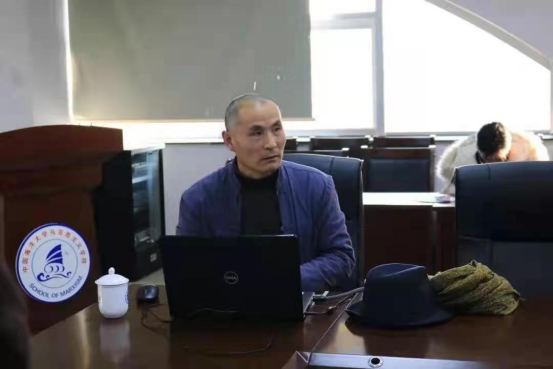
职 称:教授
专业方向:法律人类学
研究方向:汉人宗族、中国文化人类学史和中国体质人类学史
联系电话:13969785649
电子邮箱:dujing6619@sina.com
个人简介:
杜靖,青岛大学法学院研究生导师,青岛大学教授,青岛大学法学院中国法律人类学研究中心主任,山东大学文学学士、湘潭大学文学硕士(民俗学)、中央民族大学文化人类学博士、中国科学院古脊椎动物与古人类研究所古生物与地层学(古人类学方向)博士后。长期从事汉人宗族、中国文化人类学史和中国体质人类学史研究。2005年在中央民族大学获博士学位。主持国家社会科学基金项目、国家自然科学基金项目多项。在中国社会科学出版社、知识产权出版社等独立出版专著多部,在《人类学研究》、《青海民族研究》、《探索与争鸣》等期刊发表论文几十篇。主要社会兼职有兰州大学教育部重点人文研究基地西北少数民族研究中心,世界中医药联合会中医人类学专业委员副会长。